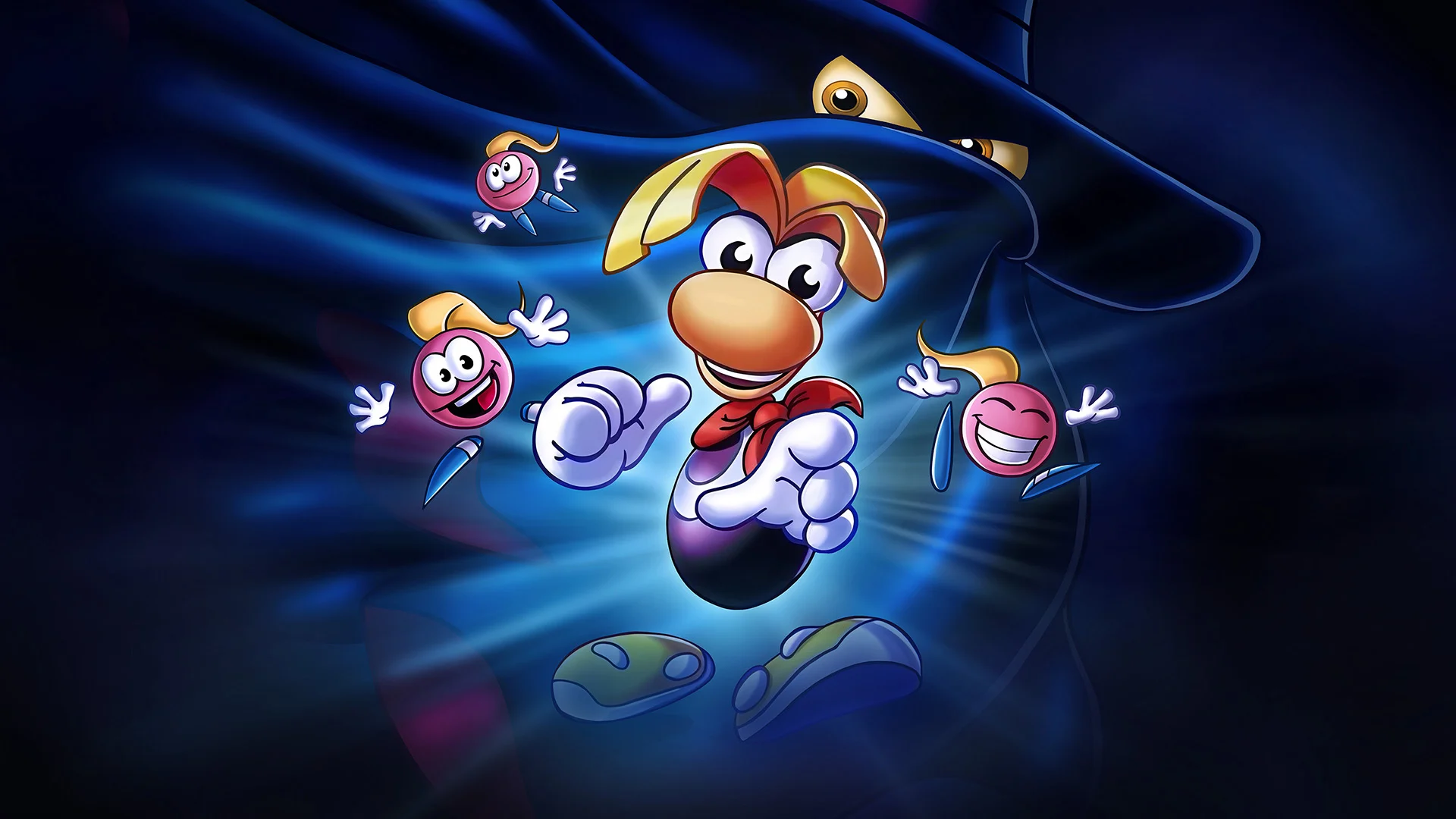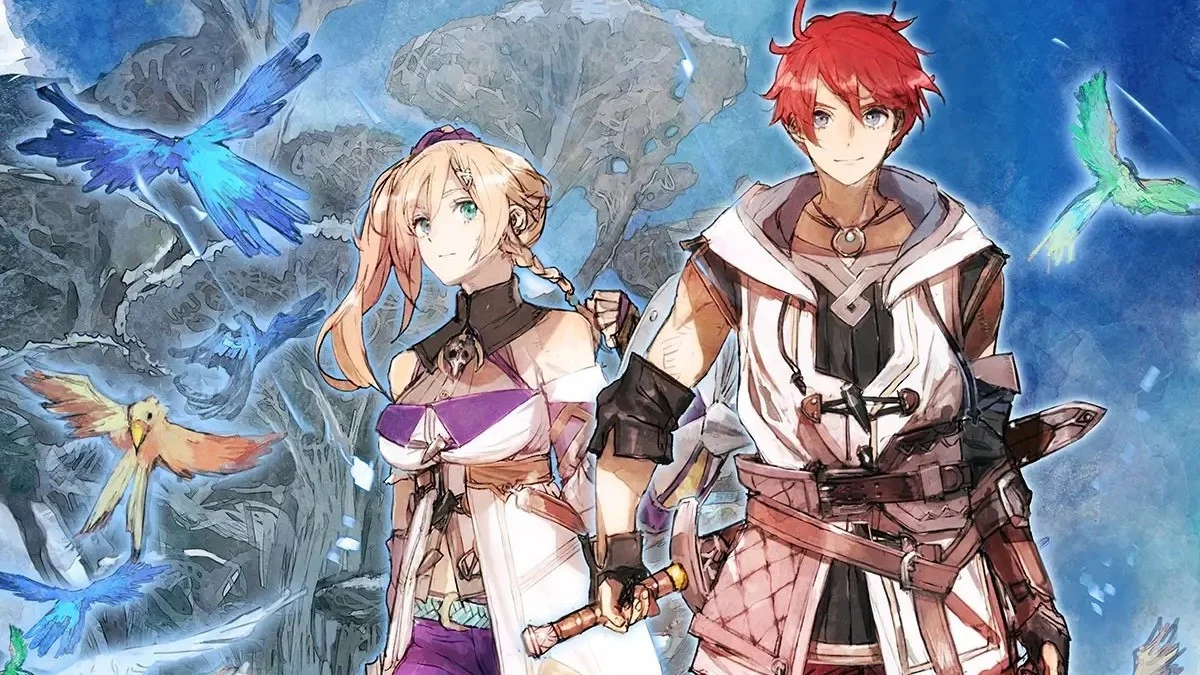The Legend of Zelda: Wind Waker is easily among one of my favorite entries in Nintendo’s seminal action adventure series, thanks to its uniqueness and sheer charm and personality. I got lost in it back when it was originally out on GameCube, and was again cast under its spell when it was re-released on the WiiU years ago. There’s something to that game that caught my attention, and while on the surface level it might just be how differently it looked at the time or its boating exploration mechanics, the years in game designing excellence by Miyamoto’s team at Nintendo also had an integral part in its success.
Summer of Mara is a game that is heavily inspired by Wind Waker. In it, you play the part of a little human girl who was orphaned by the sea and is found by an old woman from a race indigenous to an archipelago which she now calls home. She’s a happy-go-lucky youngster who lives out her days helping out her grandma to take care of the little island they live in, whether it’s by growing out crops and keeping them healthy, or by simply going about the beach collecting shells.
That’s certainly a cute premise for a game on its own, especially given the popularity of low action and high maintenance games like Harvest Moon and Stardew Valley, but it’s exactly there that lies Summer of Mara’s biggest issue: it feels like a chore to play. After a short introductory bit where the game haphazardly attempts to teach you its basics — as it leaves a lot to the wind, like the simple act of picking which tool to use at any given time — you’re left to mostly your own devices and very vague indication of what to do or where to go next. The day to day structure of Summer of Mara’s gameplay makes it extremely slow at first, when you’re simply tasked with growing a crop and… that’s basically it.

The initial plot of land the game starts out at is very limited in terms of things to do, and even when you get out to the open sea and discover other places, your activities are limited to a whole bunch of fetch quests that will have you running, well, boating back and forth to your island stead to grow out the necessary ingredients or crafting equipment since it’s the only place you can do so. It makes for a slog even more during the beginning hours of the game when there’s only a couple of activities you can do and they force to to run back and forth due to not being able to buy anything due to the lack of funds or not knowing any of the necessary recipes or having the means to grow the crop in demand.
For the five or so hours I’ve played the game, it kept at the same pace of slowing stringing me along through a boring series of runs to the first island and back, all the while having to wrestle with its unintuitive menus and unresponsive controls. Those, coupled with a general aimlessness that’s admittedly part of the drive to this type of game that’s positively annoying in this one in particular simply because there’s little to find out on your own without it being generous enough to just give you what you need by holding it back behind the very same boring quests that are downright infuriating, makes Summer of Mara feel slow, uninspired, dated, unpolished, and most certainly not a whole lot of fun.

Sure, the overall look of the game is colorful and cute, especially when it comes to its plucky protagonist, as well as the companion character she eventually befriends, a sea urchin of sorts who can’t talk, instead relying on crayon drawings to convey her feelings, which are conveniently translated perfectly by our hero, but everything else about it feels lifeless, for as lively as it tries to be by saturating colors like mad all over, or with the insane amount of dialog that there is to be trudged through every time someone opens their mouth.
The in-game clock governs the routine to which all the NPCs life out their digital existence, and in the manner of ol’ Shenmue, you can indeed get locked out of progress if you get to a store and it happens to be closed, forcing you to either make time pass by letting your character’s exhaustion meter run out, making her pass out, or by spending what little you have at an inn or sleeping in her house for free. So everyday unless you know exactly what to do at any given time, you’re likely to spend time waiting around for things to happen instead of, you know, playing the game. While something like that worked twenty years ago with Yu Suzuki’s magnum ops, it doesn’t really fly today.
I really wanted to like Summer in Mara for what it attempts to do, but having played it enough to find out how it goes about trying to deliver a relaxing time, it ended up doing the exact opposite. For those looking to take it to the high seas in search of adventure, there’re plenty of better alternatives out there, including a certain elf boy and his lion boat’s adventure that nails what Summer in Mara so painfully misses.




